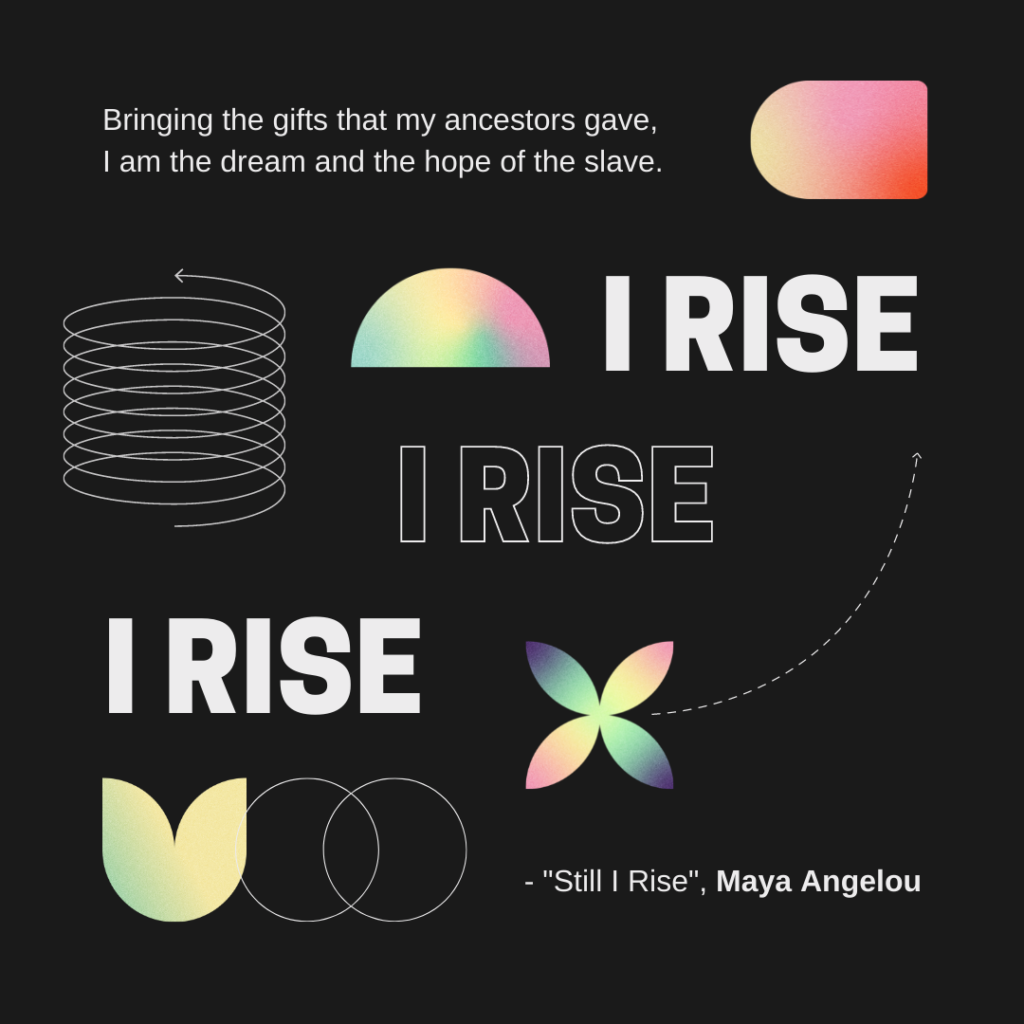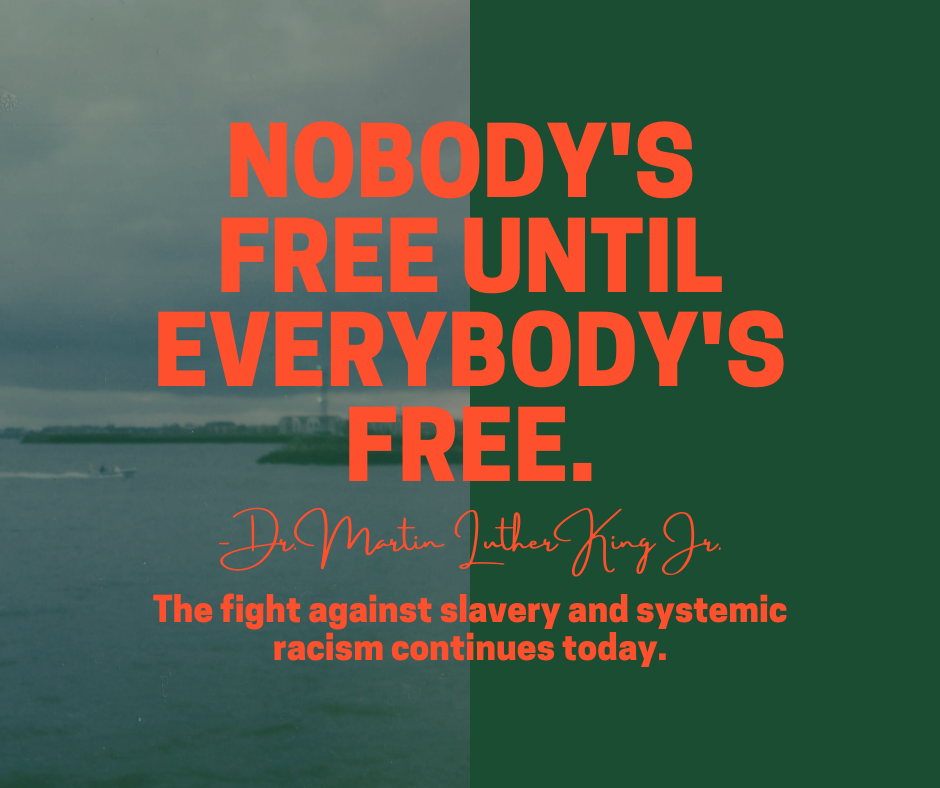On June 18, President Biden signed a bill making Juneteenth a federal holiday and Ohio Gov. Mike DeWine declared it a state holiday. On the same day Sinclair hosted an online event called “Juneteenth Celebration” with speaker Dr. Eddie Glaude Jr. to discuss the history of the event and the importance of it becoming a national holiday. Dr. Gaulde is a New York Times bestselling author and the Chair of African American Studies at Princeton University.
He explained how the state of Texas was still in rebellion in 1865, two years after Abraham Lincoln issued the Emancipation Proclamation. On June 19, Union General Gordon Granger issued General Order No. 3 in Galveston, Texas that freed all remaining slaves in the state.

“Juneteenth is the latest in a history of emancipation days,” Dr. Gaulde said.
There is January 1, 1808 which was the day that the slave trade was abolished in the United States.
July 4, 1827 was the day slavery was abolished in New York State. This celebration was almost an alternative to regular Fourth of July celebrations as the holiday has always been complicated for African Americans. It created a nation where slavery was legal.
On July 5, 1852 Frederick Douglas also gave his famous speech “The Meaning of July Fourth for the Negro.”
August 1, 1834 was the day slavery was abolished in the British West Indies.
Dr. Gaulde described these dates as an “alternative celebratory calendar.” The American education system has a history of not acknowledging its past of slavery and racism. Making Juneteenth a national holiday is a push against that.
“Juneteenth is a complicated holiday,” he said. “It brings into view the vexed relationship between freedom and democracy. It’s about delayed freedom. It’s about resilience.”
He stressed how African Americans were part of the fight to free themselves. There is an assumption that they were only beneficiaries and not participants. But African Americans fought in the Union against the Confederacy, they engaged in strikes in the south and disrupted the labor force.

The holiday of Juneteenth is a step in the right direction but Dr. Gaulde admitted it was not enough. He didn’t describe himself as optimistic but as having a “blue-soaked hope.” The story of America is still that we are the greatest nation in the world without blemish. Americans need to reject that narrative in order to actually become a more perfect union, as the Founding Fathers intended.
“Now that [Juneteenth] has been mainstreamed and made a national story,” Dr. Gaulde said. “Oh my goodness, now we have a chance to tell a better story.”
A great way to celebrate Juneteenth and affect change is to educate yourself. The webinar ended with a few suggestions on how to do this.
Visit:
The Legacy Museum in Montgomery, Ala. displays the history of racism and slavery in America, covering topics such as segregation and lynchings.
Read:
“Collected Poems” by Sonia Sanchez
“The Man Who Lived Undergound” by Richard Wright
“Nice Racism: How Progressive White People Perpetuate Racial Harm” by Rob DiAngelo
Rachel Rosen
Reporter/Social Media Coordinator

